Real books about ag for kids fuels Feeding Minds Press
The latest Feeding Minds author is Ohio Farm Bureau member Michelle Houts of Celina.
Read MoreIf you were to make a visit to 80 Acres Farms, you might be looking for tractors, silos or acres and acres of soil, but those things typical to agriculture would be nowhere in sight. Instead, directions would lead you through an industrial part of southwest Ohio to a new state-of-the-art farm located inside a huge controlled-environment facility.
The newest farm, located in Hamilton, Ohio, is a culmination of ideas that 80 Acres Farms has worked through since its inception in 2015. It blends the science and wisdom of farming with the efficiency and precision of manufacturing that allows the farm to deliver on its mission of growing high quality produce all year long.
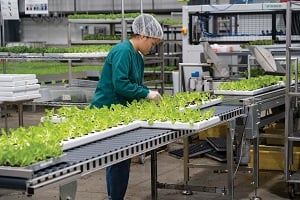 It isn’t until you get a glimpse inside the 70,000-square-foot structure that you fully understand what this totally automated indoor farm looks like, and how it is capable of producing an abundance of crop varieties, including lettuces, arugulas, basils, kales and bok choys year-round without soil, no sign of pests and complete environmental control 24/7.
It isn’t until you get a glimpse inside the 70,000-square-foot structure that you fully understand what this totally automated indoor farm looks like, and how it is capable of producing an abundance of crop varieties, including lettuces, arugulas, basils, kales and bok choys year-round without soil, no sign of pests and complete environmental control 24/7.
“We produce about 10 million servings of food here per year, and we are really trying to change the way the world eats,” said Noah Zelkind, director of business development with 80 Acres Farms.
“We believe this is the next generation of farming and the next step of control and evolution in our idea of how to grow food, but we also see ourselves as a part of an evolving food system.”
Plants are robotically maneuvered through the indoor farm through three phases of growth, starting with seeding.
“When you plant a seed it really doesn’t need much, just water temperature and humidity to get those seeds to crack open,” Zelkind said. “Once they crack open and display cotyledons, it’s ready to start photosynthesizing so we have to get them under the lights.”
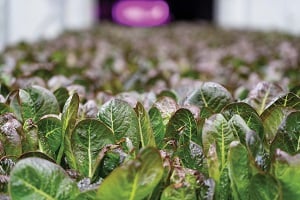 That’s when those plants will head to the second phase of the facility, a small “grow zone.” They will spend the first half of their life in this tightly controlled environment to get the light, just the right amount of water and everything else they need to develop. When the plants reach a point where they are about to outgrow their original trays and need more space, they are transferred to larger trays where they continue to flourish.
That’s when those plants will head to the second phase of the facility, a small “grow zone.” They will spend the first half of their life in this tightly controlled environment to get the light, just the right amount of water and everything else they need to develop. When the plants reach a point where they are about to outgrow their original trays and need more space, they are transferred to larger trays where they continue to flourish.
“Using our technology, we transfer the plants to a specific location, where they are provided with different recipes of nutrients, lighting and climate as they grow,” Zelkind said. “This ensures that they are always getting exactly what they need, but we also want to make sure we kind of push them to be their best selves all the way throughout the growth process until they are ready to be harvested.”
When that time comes, plants are removed from the “grow zone” and harvested by one of 80 Acres farmers, who cut the leaves, get them down to temperature and send them off to be packaged at the peak of freshness.
Having a continuous process for growing fresh produce means having a steady market for your products year-round. Zelkind said his company ships to small and large retailers, including Kroger, along with several restaurants that aren’t too far away from the facility, as they like to keep an emphasis on being locally grown.
“If you are able to purchase one of our items, it means you are within an hour or two drive from us because that’s about as far as we are willing to send our product,” Zelkind said.
From the process of growing food indoors, to training their employees to become farmers, to educating consumers through their “brand ambassadors,” 80 Acres Farms sees itself as a burgeoning part of the overall farming community.
“We are seeing an increasing risk to our food system in many different ways. Add to that a rapidly growing population and it’s clear that we need a lot more food very quickly,” Zelkind said. “We are hoping to help and augment our nation’s farming system to continue to provide additional resilience to our food supply by bridging the gap between what conventional agriculture may not be able to do to produce enough food to go around.”
CFAES adds controlled environment research complex
One of the newest facilities being added to Ohio State’s College of Food, Agricultural, and Environmental Sciences is the Controlled Environment Food Production Research Complex. Touted as the “greenhouse of the future,” this building will serve as the home for interdisciplinary research connecting horticulture, engineering, entomology, pathology, food science, computer science and human nutrition. The $35.8 million project will be part of the Waterman Agriculture and Natural Resources Laboratory.
A portion of the funding for this new complex comes from a recent gift from the Nationwide Foundation, which included $5 million to support new facilities and infrastructure at Waterman.

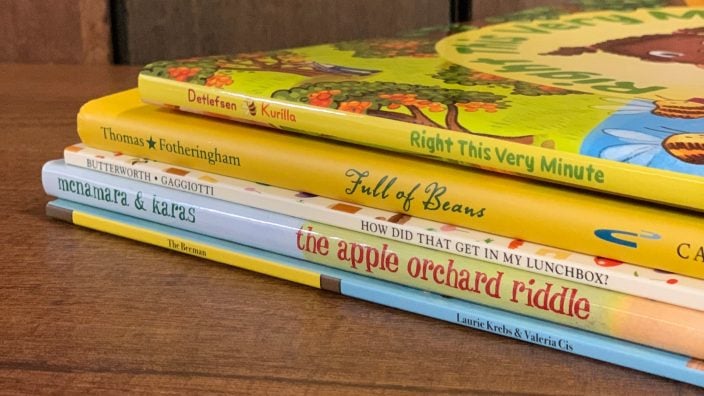
The latest Feeding Minds author is Ohio Farm Bureau member Michelle Houts of Celina.
Read More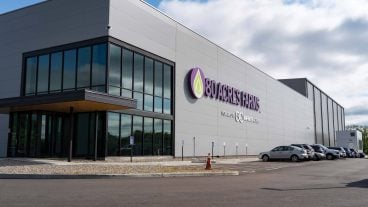
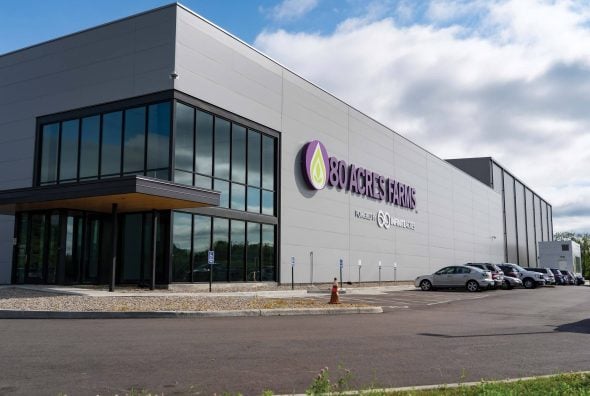
80 Acres Farms’ newest farm blends the science and wisdom of farming with the efficiency and precision of manufacturing that allows the farm to deliver on its mission of growing high quality produce all year long.
Read More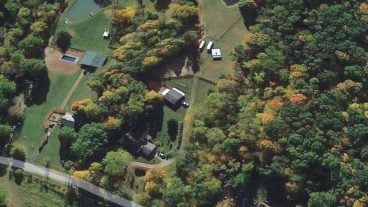
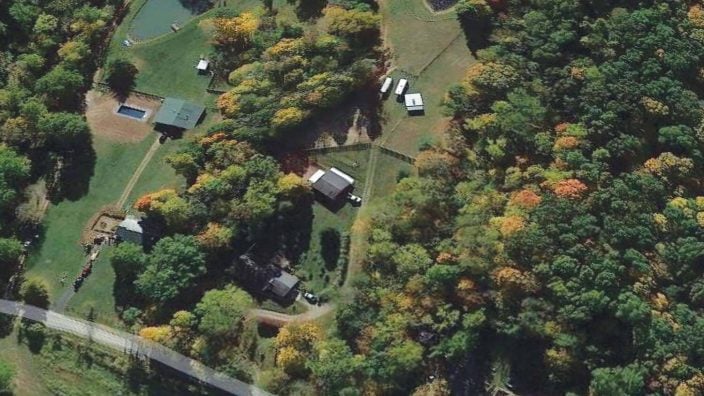
It takes time to both build community support and then to build out the fiber network itself, but Ohio Gig doesn’t go into a community looking for a monetary investment, but a credibility one.
Read More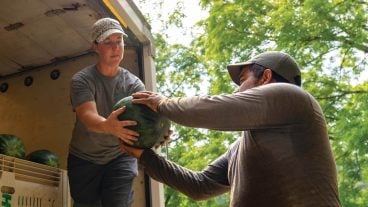
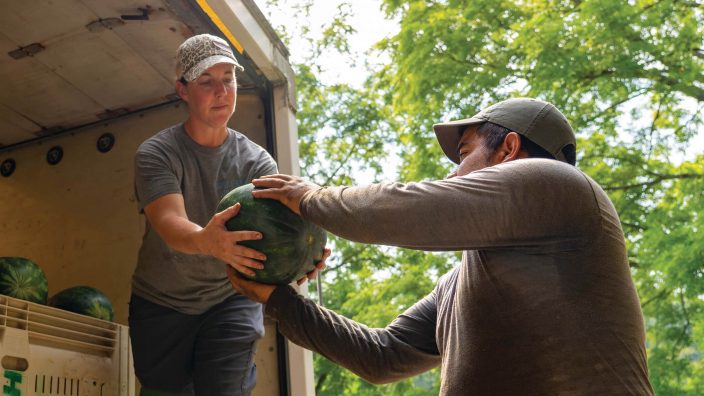
Great Lakes is unique among ag labor consultants because it’s grassroots, conceptualized and developed by and for farmers who are members of Farm Bureau.
Read More
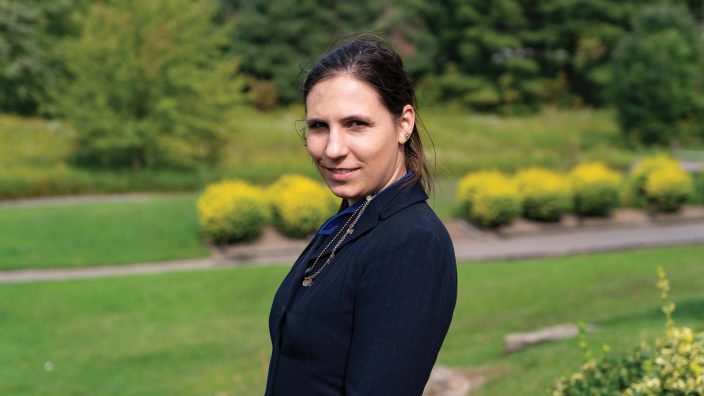
The YAP State Committee member saidhHer introduction to Farm Bureau came via the Young Agricultural Professionals winter leadership conference while she was in college.
Read More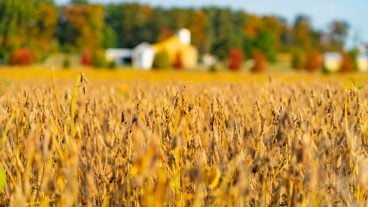
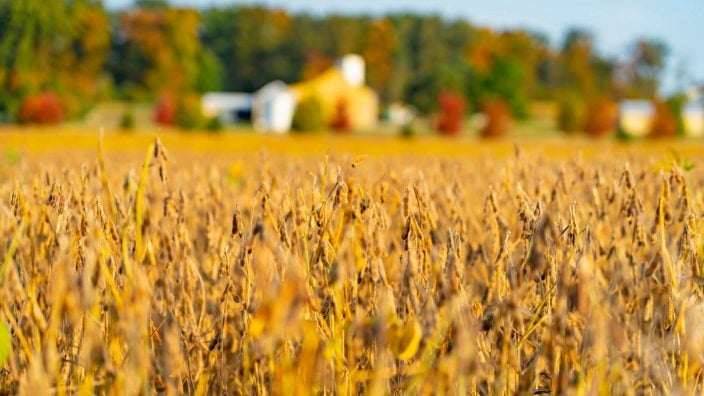
Ohio Farm Bureau Foundation can accept ‘grain gifts’ from farmers who want to support the future of agriculture.
Read More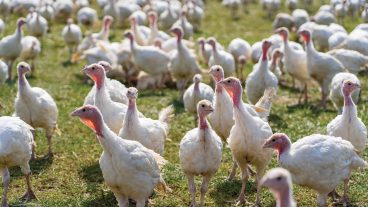
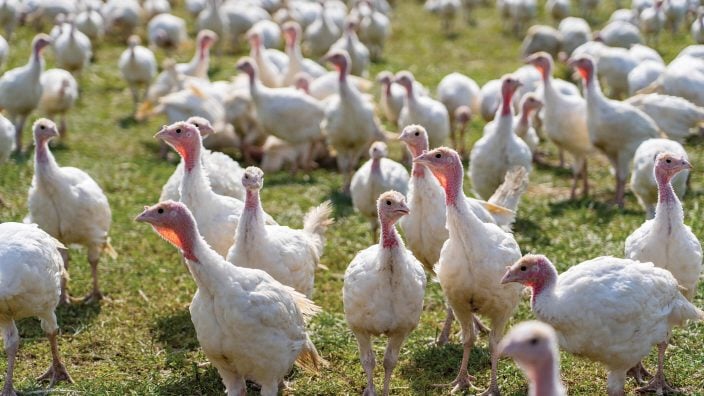
Poultry have ruled the roost at this New Carlisle farm since 1948, when Kenneth Bowman and Dennis Landes went into the turkey business together. At the time, they were one of several turkey farms in the county. Now, they are the only ones.
Read More

At the 103rd annual meeting, in addition to updating our organization’s policies through our grassroots framework, this year’s meeting also will require our delegate body to consider revisions to our code.
Read More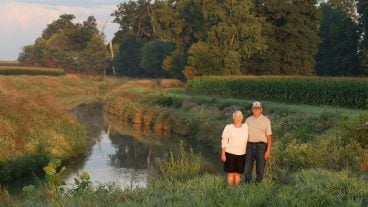
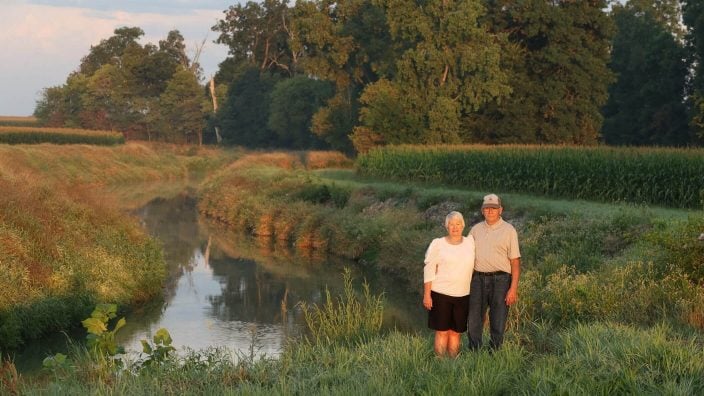
When Ohio landowners are faced with losing property rights through eminent domain, the law doesn’t make it easy for them to defend their own interests.
Read More